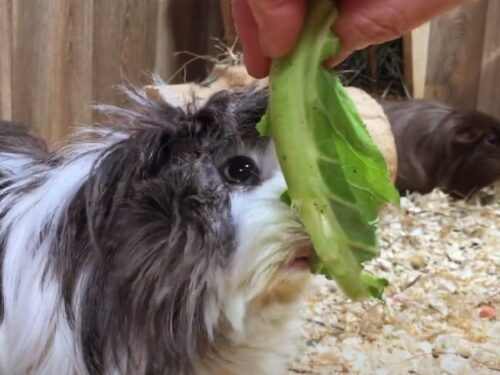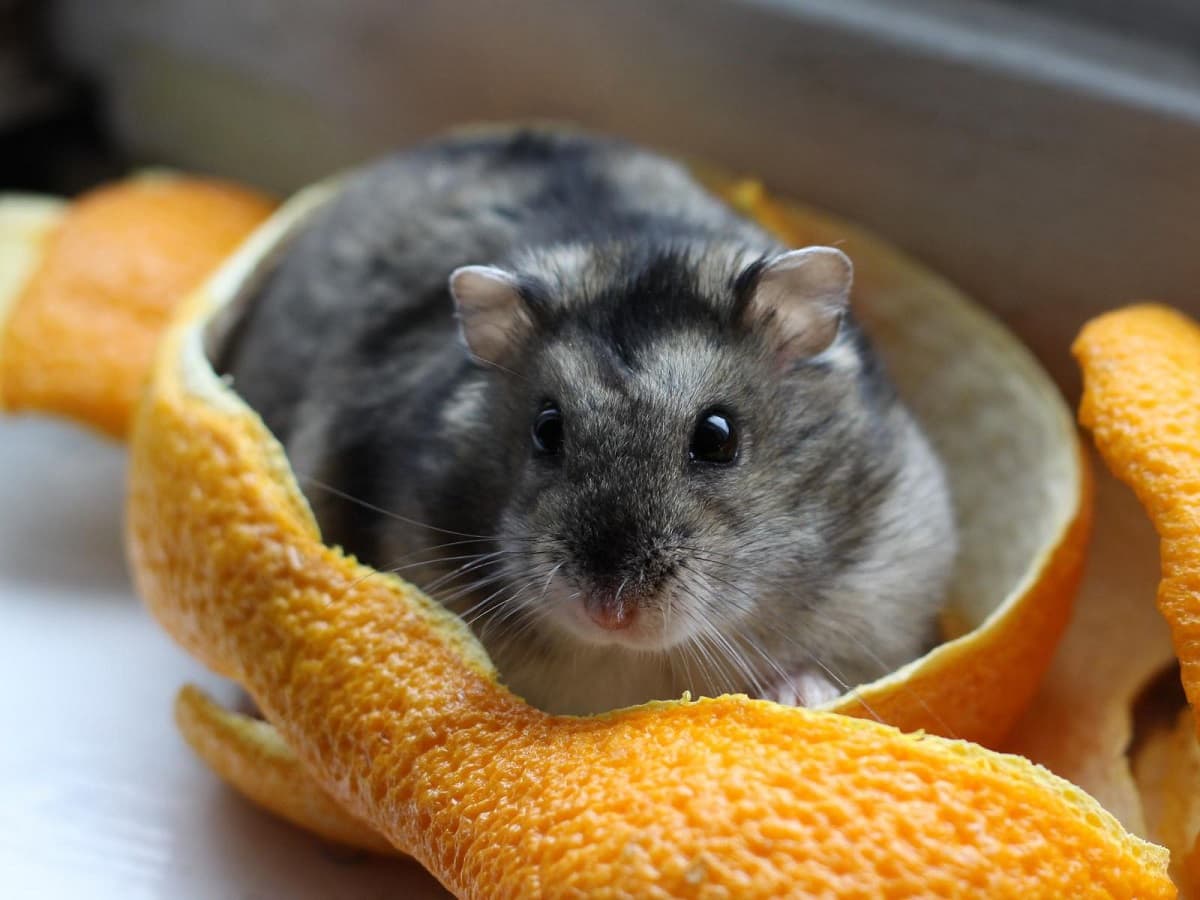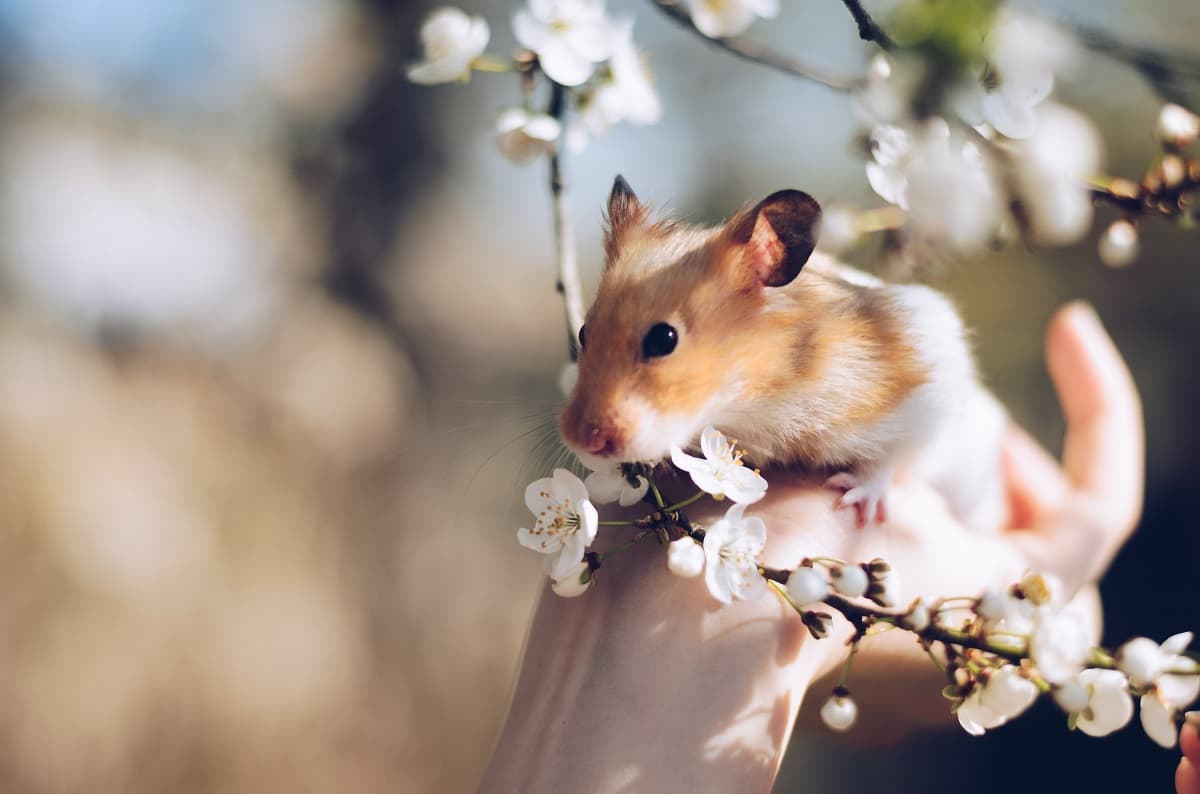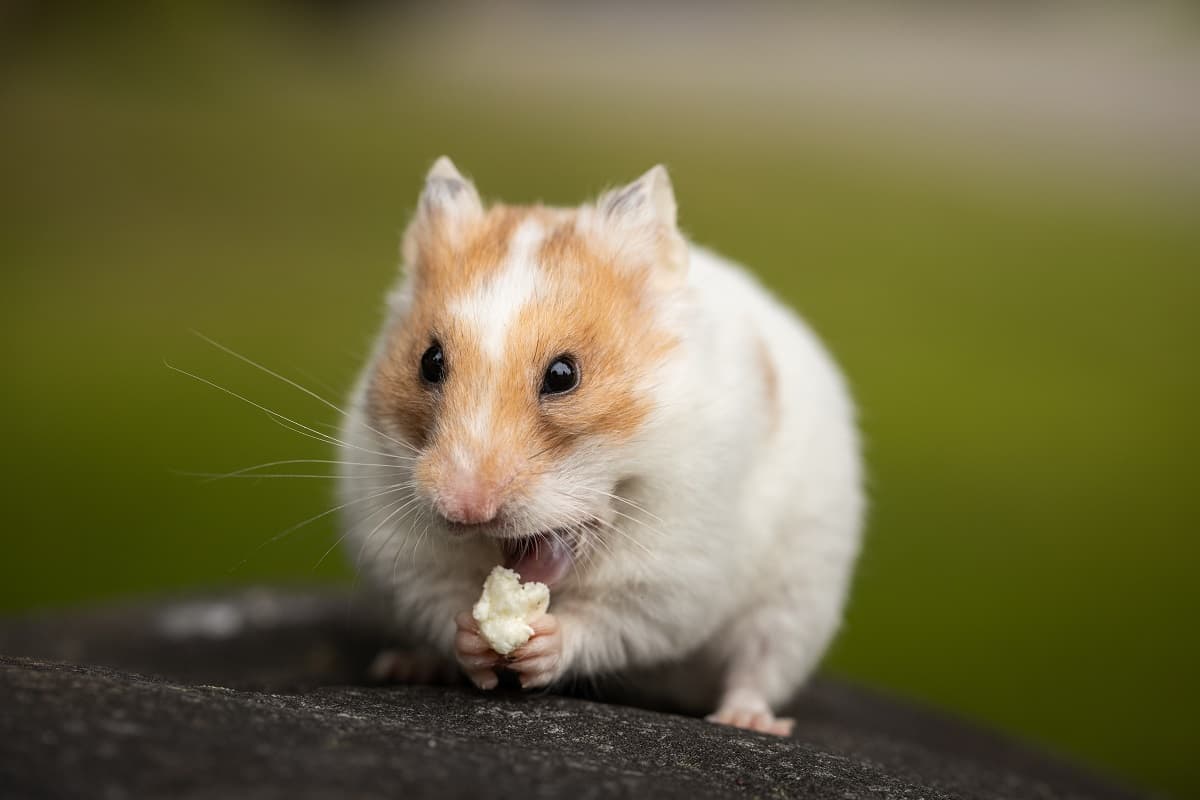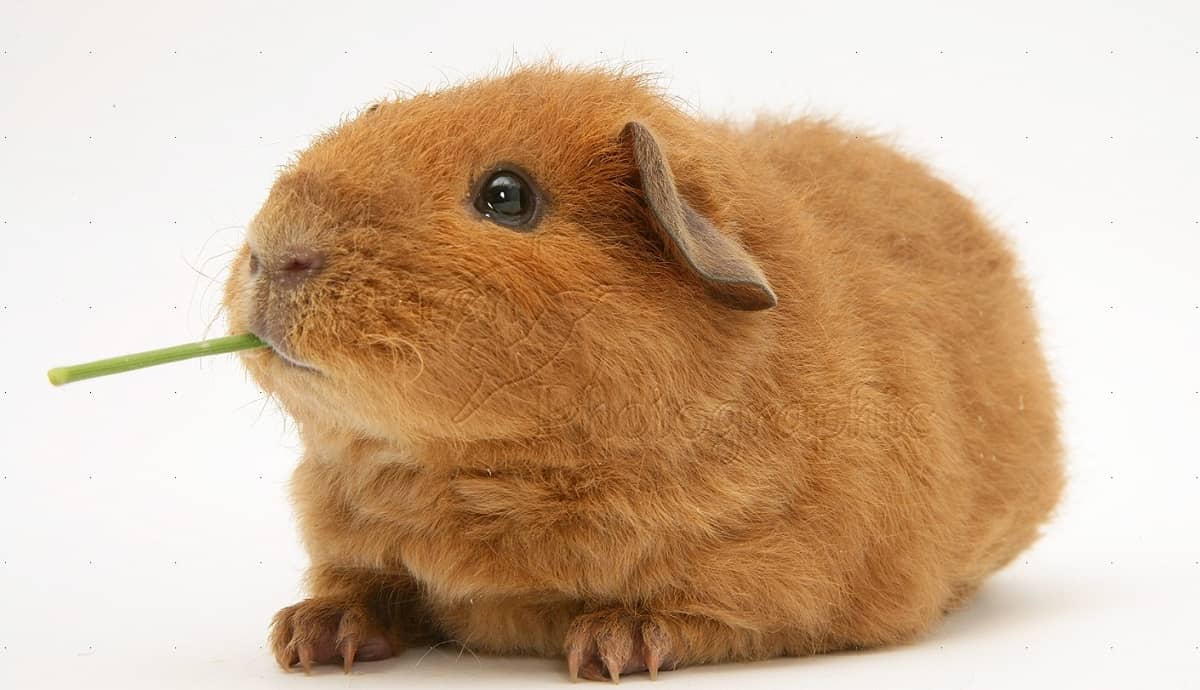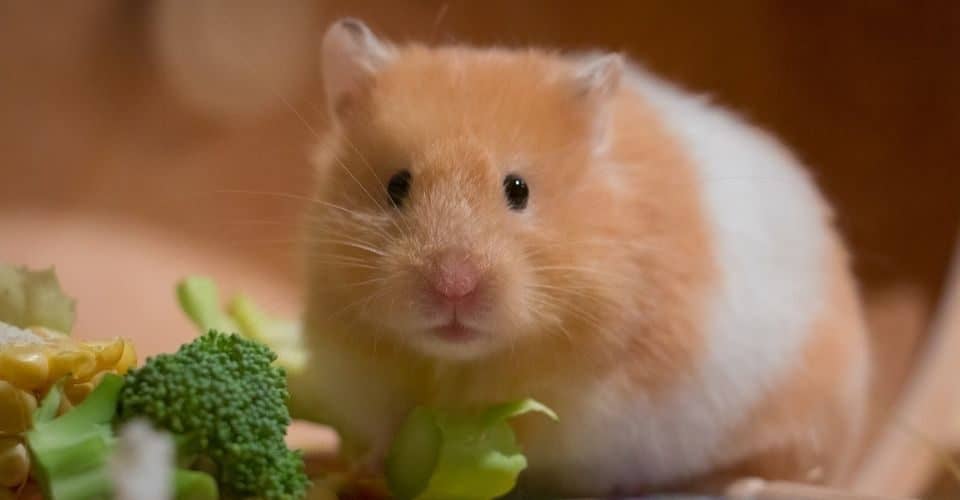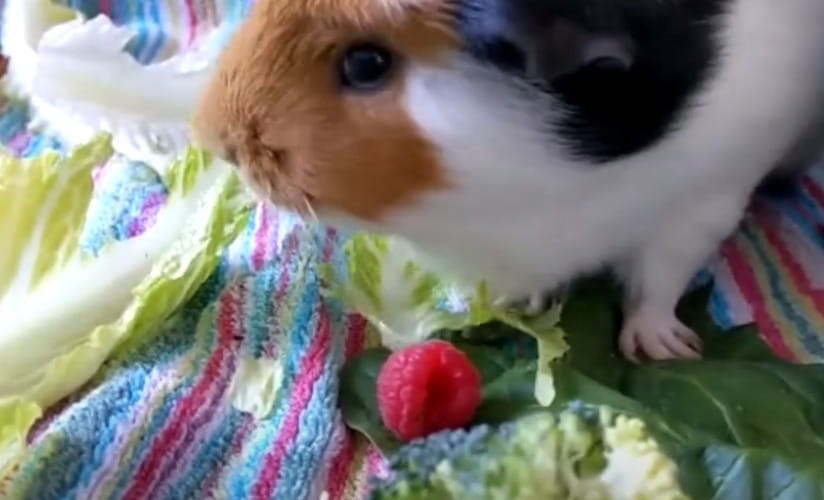
Can guinea pigs eat raspberries? The answer is yes! They can have it in moderation.
Guinea pigs are adorable and popular pets known for their gentle nature. These furry creatures are herbivores and require a diet rich in fruits and vegetables to stay healthy. Many guinea pig owners often wonder if their pets can eat raspberries. In this article, we will explore whether guinea pigs can safely consume raspberries and the potential benefits and risks associated with including this delicious fruit in their diet.
Table of Contents
Show more
Can Guinea Pigs Eat Raspberries?
Yes, guinea pigs can eat raspberries in moderation. Raspberries are a nutritious and delicious fruit that can be a great addition to a guinea pig’s diet when fed in small quantities. They are high in vitamin C, fiber, and antioxidants, all of which are essential for guinea pigs’ overall health and well-being. However, feeding raspberries to guinea pigs in moderation is essential, as overfeeding can lead to digestive problems and possible weight gain.
Benefits of feeding raspberries to guinea pigs
Raspberries are an excellent source of vitamin C, essential for guinea pigs, as they cannot produce this alone. Lack of vitamin C can lead to a condition known as scurvy, which can lead to weakness, joint inflammation, and in severe cases, death. Including raspberries in a guinea pig’s diet can help prevent vitamin C deficiency and boost its immune system.
In addition to vitamin C, raspberries are high in fiber, which is crucial for maintaining a healthy digestive system in guinea pigs. The fiber in raspberries can help with digestion and prevent problems such as constipation and diarrhea.
Raspberries also contain antioxidants, which may help protect guinea pigs from oxidative stress and promote overall health and longevity. These antioxidants can reduce the risk of chronic diseases and keep guinea pigs healthy and active.
Risks of feeding raspberries to guinea pigs
While raspberries are generally safe for guinea pigs, some risks are associated with feeding this fruit. The main concern is the high sugar content in raspberries, which can cause obesity and dental problems in guinea pigs if fed in excess. As a result, it is essential to feed guinea pigs raspberries in moderation and as part of a balanced diet.
Another potential risk of feeding raspberries to guinea pigs is pesticide residue. When feeding raspberries to guinea pigs, washing the fruit thoroughly to remove any pesticides or chemicals that may be harmful to their health is essential.
Conclusion
In conclusion, guinea pigs can eat raspberries in moderation and benefit from the vitamins, fiber, and antioxidants in this tasty fruit. However, it is essential to feed guinea pigs raspberries as part of a balanced diet and not as their main source of nutrition. Always wash raspberries thoroughly and remove the seeds before offering them to your guinea pig. By doing so, you can ensure that your furry friend enjoys the health benefits of raspberries without exposing them to unnecessary risks.
FAQ About Can Guinea Pigs Eat Raspberries:
1. How often can I give my guinea pig raspberries?
Raspberries should be given to guinea pigs as an occasional treat rather than a daily snack. A small portion of raspberries once or twice a week is enough to provide your guinea pig with the benefits of this fruit without overloading it with sugar.
2. Can guinea pigs eat raspberry leaves?
Yes, guinea pigs can safely consume raspberry leaves. Raspberry leaves are high in fiber and can be a healthy addition to a guinea pig’s diet. However, as with any new food, it is essential to introduce raspberry leaves gradually and in small quantities to avoid digestive discomfort.
3. Are there fruits or vegetables that should not be given to guinea pigs along with raspberries?
Yes, certain fruits and vegetables should not be given to guinea pigs along with raspberries as they can cause digestive or other health problems. These include avocado, potato, and rhubarb, among others. Always research the specific dietary needs of guinea pigs before introducing new foods into their diet.

My name is Monalisha, and I am passionately devoted to animals. Writing about them brings me immense joy and satisfaction. I am fortunate to share my experience of pets and wild animals with you.

